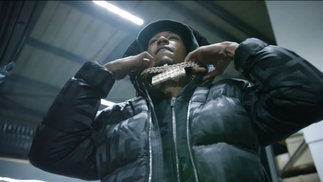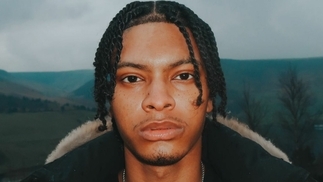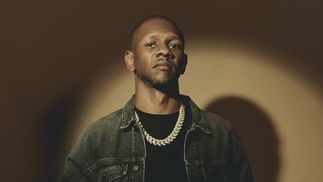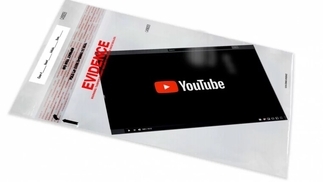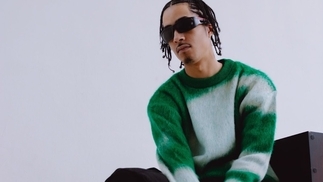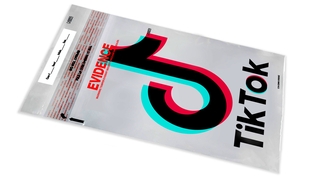Use of drill lyrics in criminal trials to be reviewed by the crown prosecution service
Research shows more and more court cases involve "creative expression" used as evidence
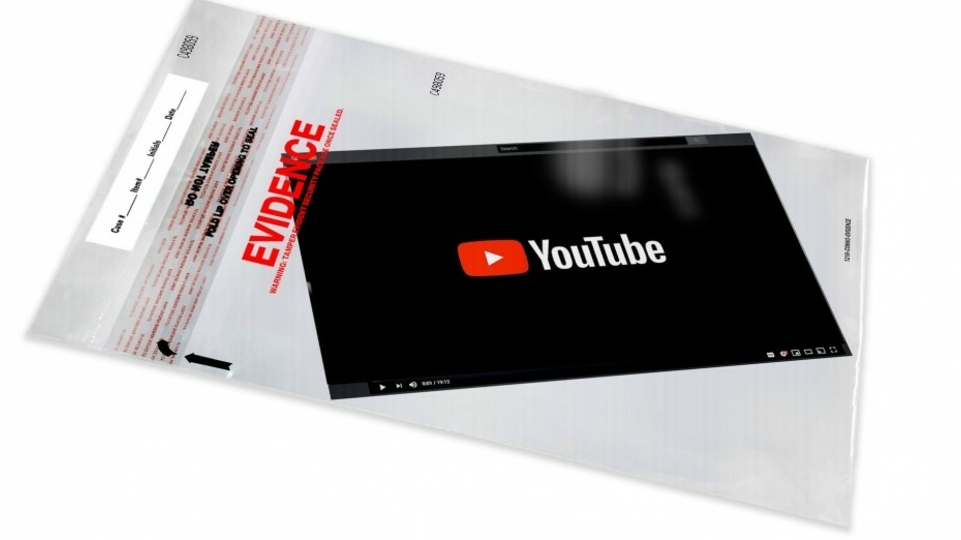
The use of drill lyrics in criminal trials is to be reviewed by The Crown Prosecution Service (CPS) in the UK.
New research by the BBC suggests drill music is increasingly being brought forward as evidence in court cases, spurring the decision to assess the impact on fair rulings, with lawyers and academics raising concerns about the practice.
The CPS has stated that no cases in which drill has been wrongly used as evidence have come to light so far, but a "listening exercise" is underway involving researchers, barristers, youth groups and campaign workers. A core aim is to establish if a correlation exists between young people expressing themselves in music and being stereotyped during trials.
Speaking to BBC News, youth worker Nick Federici said: “Drill is just the youth expressing themselves. [It] doesn’t cause crime in deprived areas. It’s poverty, it’s envy, it’s so many other things going on, underlying issues."
Federici added: "Obviously if somebody gets on a song and calls my name out and tells me this and that, it’s going to provoke me... I don’t believe it can start and cause violence, but it can definitely speed up a process, just through pure embarrassment... It might make someone feel like they need to react because they’ve been spoken about on the internet."
Current guidance states that UK gangs are "increasingly using drill music and social media to promote gang culture, glamourise the gang lifestyle and the use of weapons... They may post videos online that seek to taunt rivals, incite violence or glamourise criminality.
"The videos often show the brandishing of weapons, include incendiary remarks about recent incidents of young people being killed or seriously injured, and threats to stab or shoot specific individuals and members of rival groups."
This month, several prominent US rappers, including JAY-Z, Meek Mill, and Big Sean voiced support for a New York State law limiting the use of a defendant's rap lyrics, and other forms of "creative expression", in criminal trials. The bill was unveiled in November, and passed the Codes Committee this week. Fat Joe, Kelly Rowland, and Killer Mike are also among the advocates.
Crucially, the goal is to ensure that "clear and convincing evidence" must be shown that expressions are "literal rather than figurative or fictional". Brad Holyman, one of two Democrat senators behind the proposal, cited two examples wherein famous musicians wrote songs with violent connotations, which have never been seen as real. These were Johnny Cash, who did not shoot a man in Reno "just to watch him die", and David Byrne, who isn't a 'Psycho Killer'.
In 2020, DJ Mag published an investigation into Manchester-based research project, Prosecuting Rap, and the organisation's work towards stopping the use of lyrics in criminal trials.
Revisit last year's long reads on the sound engineers turning drill into a chart-topping phenomenon, and the rise of Irish drill.
